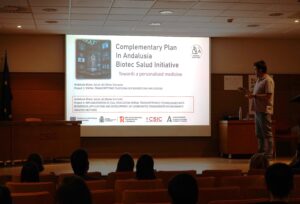
El Instituto de Parasitología y Biomedicina López-Neyra acoge el 10x Genomics Technical Day
Granada se posiciona como epicentro de la innovación en salud y medicina de vanguardia gracias al Plan Complementario de Biotecnología


This Plan has been co-financed by the Ministry of Science and Innovation with funds from the European Union NextGenerationEU (PRTR-C17.I1).
NEWSLETTER REGISTRATION:
In recent years, relevant biotechnological and digital developments (artificial intelligence, supercomputing, robotics and sensor technology, bioengineering, or nanotechnology, among others) have been achieved that are enabling the generation and massive analysis of omic data related to health and disease. This is leading to a radical change in the tools for designing and producing new diagnostic, prognostic and therapeutic systems and devices.
The integration and adoption of these enabling technologies in the biotechnology and medical technology industry is where the great potential lies for achieving personalized or precision medicine that establishes, for each individual, tools for prevention according to their predisposition to certain diseases, systems for early diagnosis, and methods for choosing the therapeutic strategy that best suits each person in each circumstance.
However, only with an integrative approach that takes into account the great complexity of human pathologies will we be able to respond to the most important health challenges we face: cancer, diseases associated with the aging process, minority diseases and infectious diseases.
Increase knowledge of the effects of all possible variants in human and pathogen genomes, transcriptomes, proteomes.
To deepen the study of gene expression at the individual cellular level, essential to develop new advanced diagnostic and prognostic systems and to identify new therapeutic targets.
To develop new personalized and targeted therapies such as nanodrugs, as well as advanced surgical techniques through the development of preclinical disease models that exploit the potential of biomimetic systems and biomodels.

Granada se posiciona como epicentro de la innovación en salud y medicina de vanguardia gracias al Plan Complementario de Biotecnología
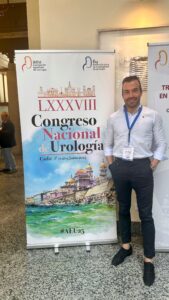
El Centro de Cirugía de Mínima Invasión Jesús Usón (CCMIJU) ha participado en el LXXXVIII Congreso Nacional de Urología, celebrado

El último debate del programa “Ciencia Radical” reunió al científico Josep Samitier y al escritor Jorge Volpi para reflexionar sobre
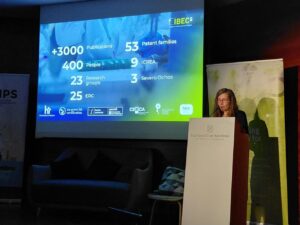
Más de 150 profesionales han participado en la 4.ª Jornada Anual del GIPS, organizada con el IBEC, con el objetivo
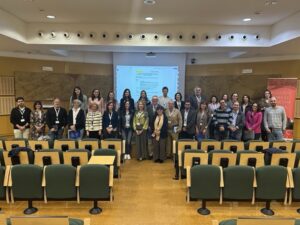
Tras su presentación el pasado 26 de mayo en la Universidad de Extremadura, la Quimioteca Pública Española ha dado por
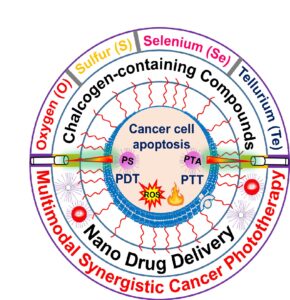
El grupo de investigación en Femtociencia y Microscopía de la Universidad de Castilla-La Mancha, liderado por el Prof. Abderrazzak Douhal,